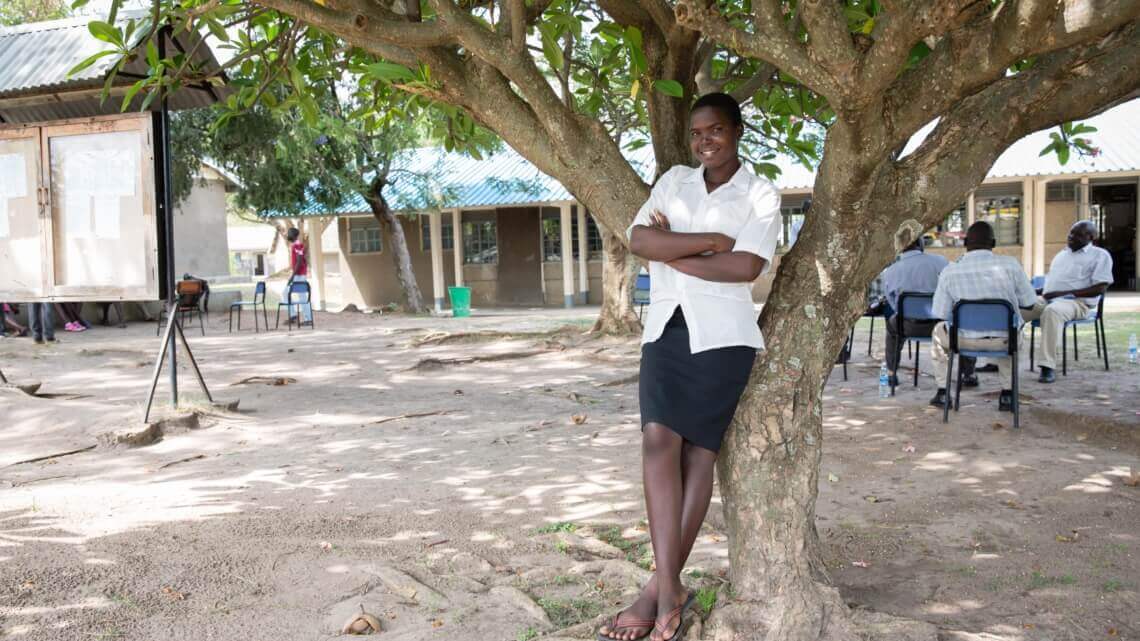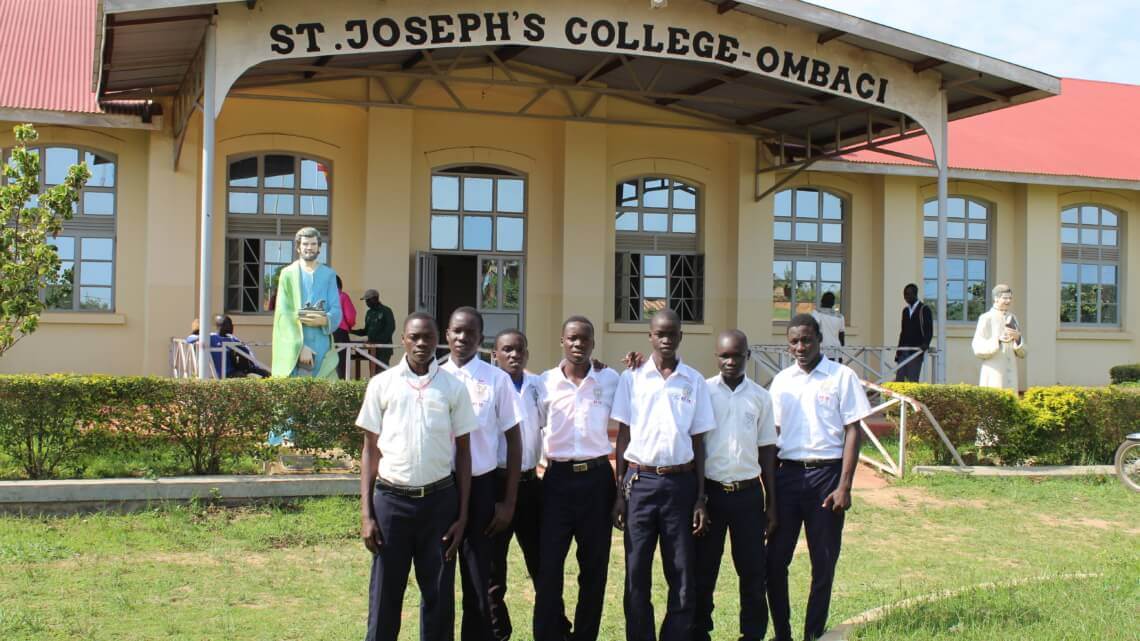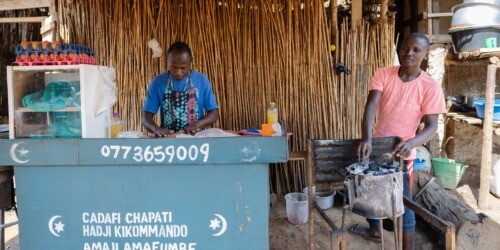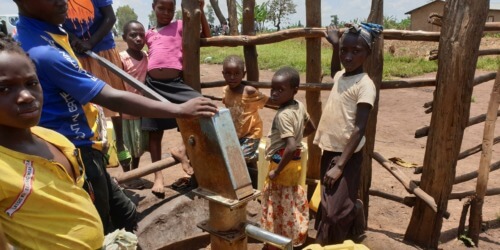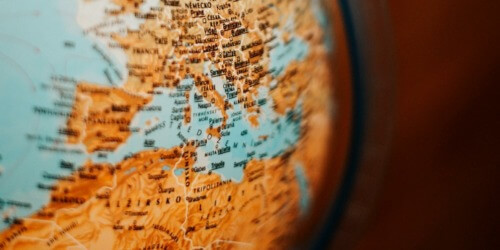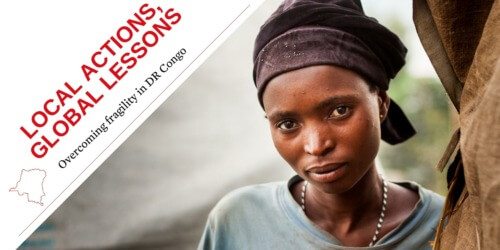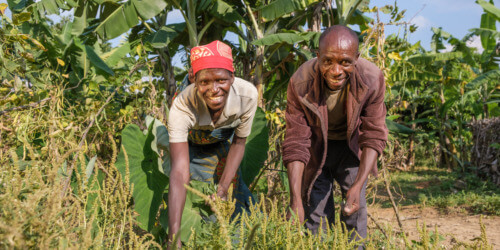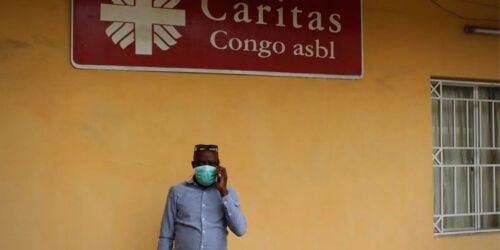“We were so happy that we even started to dance,” explains Stella Samson, a 15-year old South Sudanese girl. The moment when she learned that she had been selected for a Caritas scholarship is forever etched in her memory. “I would love to have wings so I could get home quickly and tell my mother.”
Working hard for the future
Stella is one of the top 32 students from refugee camps who will now take classes at one of Uganda’s renowned West Nile schools. At this school, these young students will develop their talents and acquire the knowledge and skills needed in order to contribute to the future reconstruction of South Sudan.
Before receiving the scholarship, Stella went to a school in the Bidi Bidi refugee camp. At the school, the number of students per class varies between 120 and 150 students. She used to wake up at five in the morning to help with housework before leaving for school. Now, she studies at Mvara secondary schol, boarding school in Arua. “The school here is very different. We have time to study and to go to the library. If you do not know something, you go look it up.”
Also, for 15 year old Patrick Gama, there is a big difference in school life before and after the scholarship. “We had fewer classes in Bidi Bidi. Here, we have a lot more, like personal finances, computer science, music, and even French.”
From a refugee camp to a boarding school
The selected students were all the best of their class in the refugee camps. Now, they take classes with about 50 to 60 students. They are all attending a boarding school. They stay in touch with their family in the refugee camps using a telephone left with the teacher. The students must pay for their own calling minutes, so contact with family is limited. However, this still works well for them.
As explained by Lukudu Santo, “In my family, everyone was impressed by the scholarship, and very happy. They never thought something good could happen. My guardian told me it was a big opportunity that I had to fight for and not take for granted.” Lukudu is 14 and received a scholarship to attend Ombachi Boys secondary school. Now, he is in first secondary.
School as a tool to realize their full potential
Worldwide, only 23% of refugee children reach high school1. Despite welcoming policies in Uganda2, young refugees face great difficulties in this country. Less than 10% of refugees go to high school.
However, each additional year of education for a refugee child increases their future income by 3 %1. The more refugees receive a quality education, the more they can acquire the necessary knowledge and skills to lead productive lives. They learn how to trust their own abilities and how to defend their rights.
By utilizing the scholarships, Caritas, in collaboration with the Diocese of Arua, hopes to enable students to realize their potential. Stella Samson is perfectly aware of this: “I told my mom that I had a golden chance.” A chance that all the students who received the scholarship have seized with both hands.









